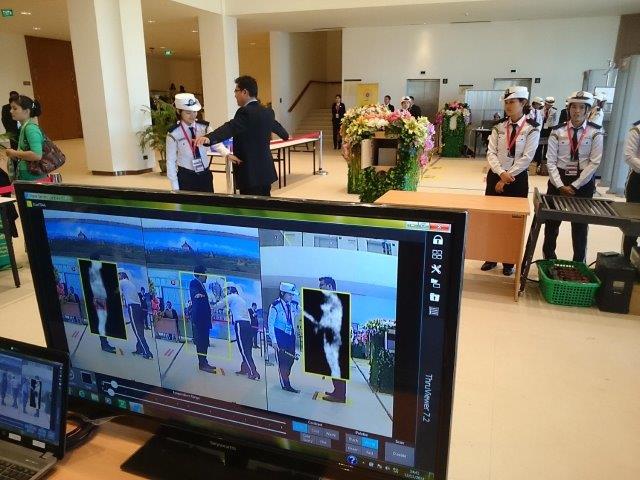
Remote work, although offers numerous benefits for both employers and employees, many businesses have encountered a genuine and serious dilemma when it comes to selecting candidates for remote roles. Interview fraud, also known as interview scams or recruiting fraud, is on the rise, and it is preying on naïve businesses.
What is Interview Fraud?
Any misrepresentation of applicant materials provided on an applicant's behalf is considered interview fraud. An interview scammer's purpose is to gain employment at a company by providing false information that makes them appear genuine for a job they otherwise would not be qualified for. Interview fraud can take any of the following forms, or a mixture of them:
- Forgery of academic credentials
- Faking previous work experience
- Giving credit to companies that don't exist
- In interviews, using a surrogate candidate
- Providing forged references
How to Identify Fraudster in an Interview
While there is no one-size-fits-all method for spotting interview fraudsters, there are several specific questions to ask that will reveal if the talent is genuine or a fraud.
- If a candidate claims to have onsite experience at a precise location, inquire about the neighborhood and other businesses. By inquiring about the place, you may determine whether or not that individual is familiar with the details without having to search them up.
- It's a terrible idea to leave an applicant's qualifications unchecked, so ask for samples from previous positions or degree qualifications. Many candidates don't expect HR professionals to verify their qualifications through background checks, specifically when it comes to higher degrees.
- Request that the candidate stand in such a way that you can clearly see their hands. This way, you'll know for sure that their responses are based on personal experience rather than based on web search.
Candidates that are honest will be ready to share their experiences and will not take extended breaks between questions and answers. On the other hand, nervousness and excessive squirming are the signs that the interviewee is lying.
Avoid hiring fraudsters
The greatest approach to avoid employing a scammer is to conduct background checks on all of your applicants. De RISC can help you in verifying your applicant’s credentials using legitimate sources in a timeliness manner. That way, you can be confident that the information you have been given is accurate or not.




